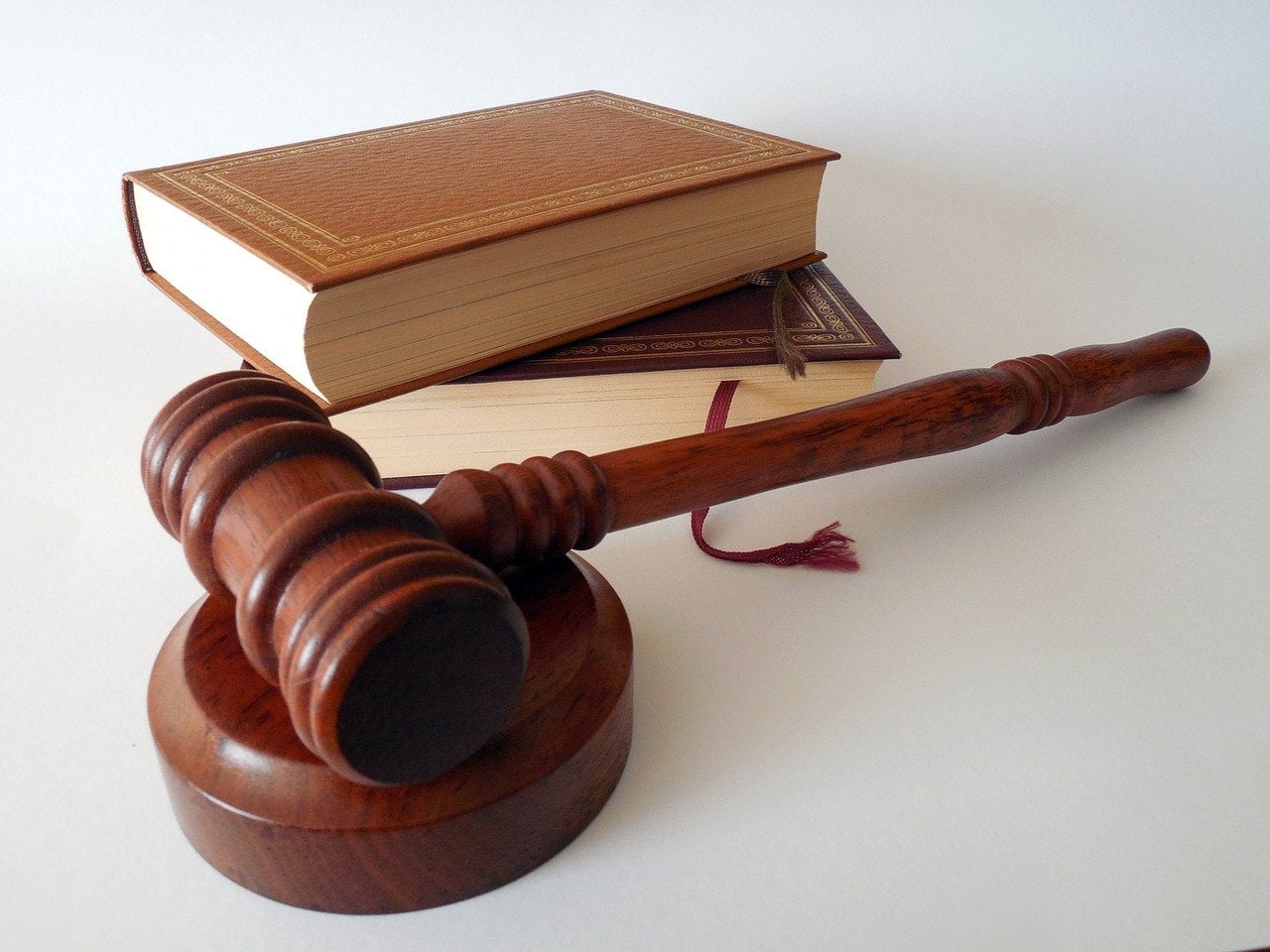Mar-a-Lago Raid Shows Need For Special Counsel; Two Major Conflicts of Interest Have the Same Simple Solution
The Need For The Appointment Of A Special Counsel
WASHINGTON, D.C. (August 9, 2022) – The unprecedented raid on the home of the former president – and the use of a search warrant rather than a subpoena – demonstrates even more strongly than before the need for the appointment of a special counsel to conduct federal investigations and possible prosecutions of Donald Trump to avoid clear and blatant conflicts of interest, and to cease further exasperating the political divisions within the country and the suspicion by millions that the Biden administration is unfairly and possibly illegally targeting Trump, says public interest law professor John Banzhaf.
Q2 2022 hedge fund letters, conferences and more
The professor was instrumental in obtaining two different special prosecutors to conduct the investigations which led to the resignation of former president Richard Nixon, and formally requested a special counsel to handle the prosecution of former vice president Spiro Agnew by his political rival - a motion which was rendered moot, and never ruled upon, when Agnew resigned as part of a plea deal.
Indeed, to also avoid clear and equally blatant conflicts of interest in another ongoing investigation, Banzhaf has also proposed the appointment of a special counsel to handle the investigation of Hunter Biden, including the possible connection between his activities and his father, the current president.
The regulation governing the situation [28 CFR Part 600] provides that: "The Attorney General . . . WILL appoint a Special Counsel when he or she determines that criminal investigation of a person or matter is warranted and -
(a) That investigation or prosecution of that person or matter by a United States Attorney's Office or litigating Division of the Department of Justice would present a conflict of interest for the Department OR other extraordinary circumstances; and
(b) That under the circumstances, it would be in the public interest to appoint an outside Special Counsel to assume responsibility for the matter. [emphasis added]
The deliberate use of the word "will" - rather than "may" or "shall" or "should" - makes it clear that the duty is a mandatory one, at least so long as the regulation remains in force. Doing everything possible - especially when it is required by law rather than merely being optional - to avoid any appearance of political motivation or other impropriety, clearly "would be in the public interest."
There is a clear conflict of interest for Attorney General Merrick Garland - who serves at the pleasure of the President and is subject to removal if he fails or refuses to follow Biden's orders - to investigate and possibly seek to prosecute the person most likely to run against Biden in the next presidential election. Criminally investigating a former president is also an "extraordinary circumstance" in the U.S.; although all too common in "banana republics," notes Banzhaf.
There is an equally clear conflict of interest for Garland to be in overall charge of any criminal investigation of the President's own son, especially when emails which have been made public at least suggest some knowledge (if not involvement) of wrongdoing by the President himself; arguably, and at least possibly, the "Big Guy" referred to in the emails.
Growing Evidence Against Both Donald Trump And Hunter Biden
Banzhaf has also suggested that, with ever growing evidence against both Trump and Hunter Biden, and predictions in respected media that federal criminal investigations involving both are heating up, there is speculation that the Department of Justice [DoJ] might be considering indicting both men.
One advantage of indicting both, argues Banzhaf, is that it would allow the beleaguered agency to make a dramatic step towards recovering some of the trust voters have traditionally placed in it - trust which has declined in recent years according to several polls - by taking bold steps against two figures not only from different parties, but also two whose fate is likely to play a major role in 2022 congressional elections and 2024'presidential elections, he postulates.
If both indictments were handed down at roughly the same time, Garland could appear - and might even try to claim in a public announcement - that his department is impartial, and will go after anyone who breaks the law, regardless of party affiliation or political connections - and use indictments of Trump and Hunter Biden as examples.
Both criminal investigations raise obvious conflicts of interest - if not apparent or possible conflicts, which is the legal standard - and it may not be too late for Garland to now appoint special counsel to handle either or both criminal investigations, as he should have done long ago to help avoid criticism on these grounds, says Banzhaf.
He notes that the image or "optics" of an administration of a current president charging his predecessor and possible future presidential rival with a crime is the stuff of third-world countries and dictatorships, not the United States.
This, of course, could make it very difficult for Garland to charge Trump despite more than sufficient evidence - unless he had something else to provide a strong counterbalance, argues Banzhaf.
On the other hand, as the evidence of criminality grows from the congressional investigation and other sources, including Monday's raid, it is becoming more difficult for Garland and his DoJ not to bring some charges against the former president.
Fortunately for Garland, that decision about charging Trump might be easier, and the resulting indictment appear more reasonable and balanced, if it could be coupled with an indictment of the President's son, argues the law professor whose legal complaint triggered the current criminal investigation of Trump in Georgia, and who played a major role regarding the criminal activities of both former president Richard Nixon and former vice president Spiro Agnew.





